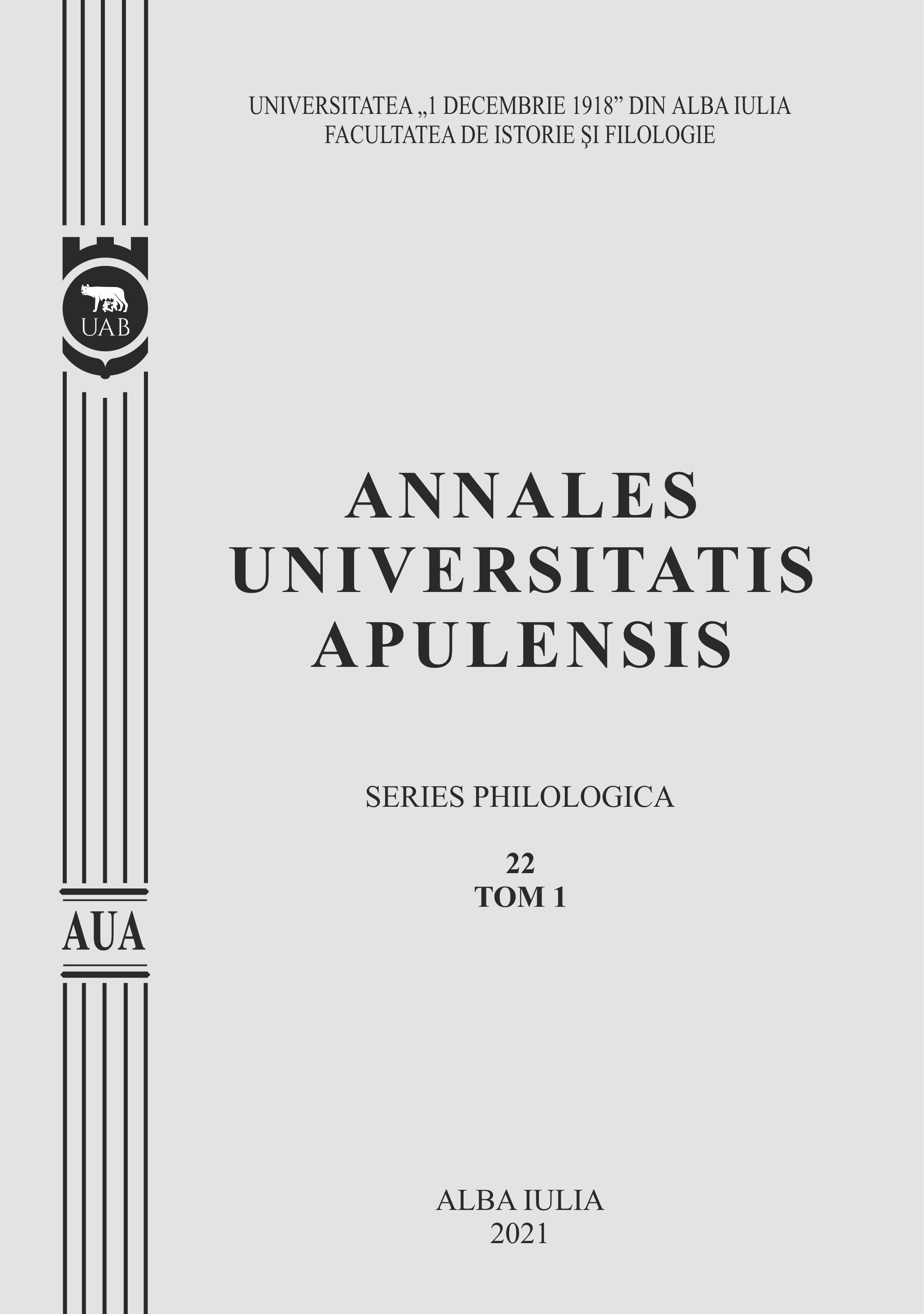PSIHA(N)LICE VS PSIHEDALICE – SCURTĂ ANALIZĂ A PERSONAJULUI LUI LEWIS CARROLL DIN PERSPECTIVĂ PSIHANALITICĂ ȘI PSIHEDELICĂ
PsihA(n)lice vs PsihedAlice – Brief analysis of Lewis Carroll's Character From a Psychoanalytic and Psychedelic Perspective
Author(s): Alice (Geogean) JurcovețSubject(s): Language and Literature Studies, Studies of Literature
Published by: Universitatea »1 Decembrie 1918« Alba Iulia
Keywords: archetype; topos/tropos; absurd; halucinogene; wonderland;
Summary/Abstract: Our fascination with the theme addressed has deep roots, the sacred and the profane, the esoteric and the exoteric, rites of passage, asceticism, witchcraft, alchemy being only some of the concepts hard to grasp by the human mind, and, precisely for that reason, our mind looks for ways of explaining ’the lack of luck’ in various circumstances, disease, reciprocity in love, the loss of people and objects, either cabalistic or conventional. The intellectual knows other situations, besides his concrete historical conduct, such as the dream state, the reverie or melancholy and detachment or aesthetic delight or evasion, none of them being ”real”, even though all of them are as authentic and important for the human existence as the historical condition. What is more, the individual knows other temporal rhythms not only the contemporary setting. Listening to some good music, uttering a prayer, falling in love, dreaming would be enough to evade the historical present and to re-integrate in the eternal present of religion and love. Space and time are pure forms of human sensibility and not things in themselves or their determinants. Later, Schopenhauer described the same concept as ”the distinction between the phenomenon and the thing-in-itself”, claiming that man perceives this phenomenon simply because things are familiar to him only in the form in which they appear in front of him. The dream and the imagination, the omnipresence of the strange situations, make the artist absorb, at least partially, the ailing of the society and to reflect in the work of art, the mirror of the world. The book deteriorates in the real plane, but it has the great advantage of being saved by the hypertext and the film adaptations with amazing earnings. In literary context, the oneiric becomes the empirical image of the unconscious where the memorized elements and those that are related to visioning, in a prophetic sense, materializing in a depository of all complexes, repressed wishes, suppressed cravings, subversive antisocial tendencies, as the case of the eponymous character, Alice from Alice in Wonderland. The experimental psychology, a relatively new science, does not dispute the idea of the alterity of the human being, thus, it introduces empiricism in the analysis of the subjects. The supra-psychical state results from a quest for the self, from a desire of mind emancipation, the journey being an intellectual victory, through pursuits, discoveries and relinquishment, in every fractal of the wonderland. The current paper intends to analyse the character Alice by using critical instruments from the theory of the imagination.
Journal: Annales Universitatis Apulensis. Series Philologica
- Issue Year: 22/2021
- Issue No: 1
- Page Range: 147-161
- Page Count: 16
- Language: Romanian

